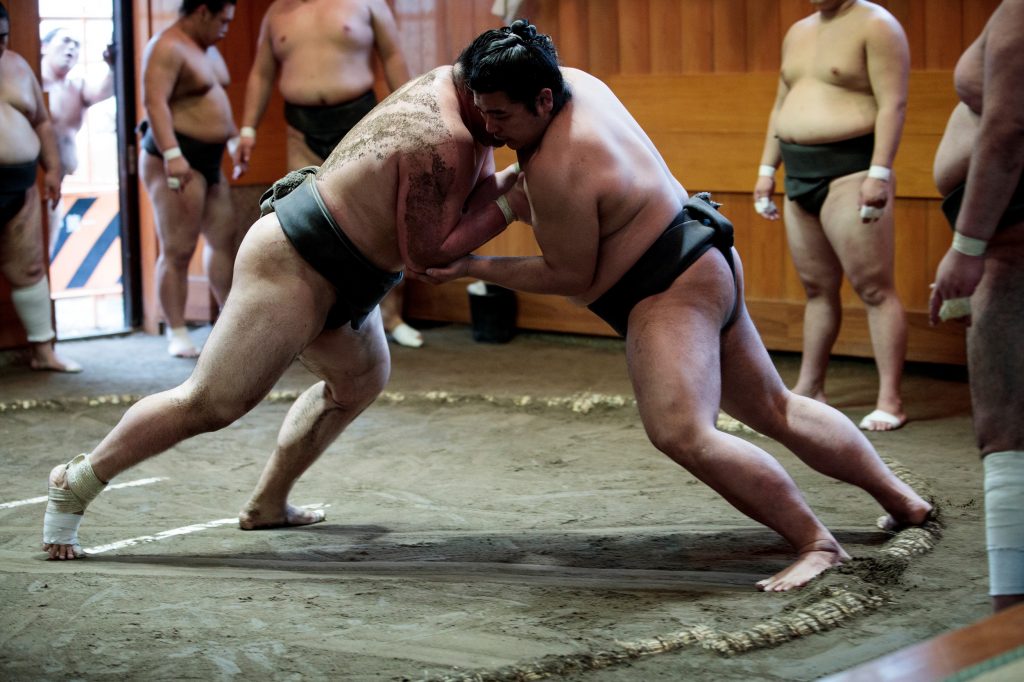
- ARAB NEWS
- 05 Jul 2025

LONDON: A Japanese-language television broadcasting service in Europe will close down at the end of October after more than three decades of its launch, leaving many people feeling disappointed.
JSTV, operated by London-based NHK Cosmomedia (Europe) Ltd., started test broadcasting in 1990 and switched to a subscription service in January 1992, offering Japanese-language TV programs, which were difficult to watch in Europe before the age of the internet.
The service gave viewers the rare opportunity to watch Japanese TV programs in real time. Live broadcasts of grand sumo matches were especially popular. JSTV aired programs from commercial broadcasters in addition to public broadcaster NHK, or Japan Broadcasting Corp.
Junko Kasai, a 64-year-old Japanese-language teacher who moved to Britain with her family in 1988, is among those who have been watching programs on JSTV since its launch.
Before the service started, videotapes sent by her parents in Japan had been the only way for her to watch Japanese TV programs.
“We stayed at a hotel where JSTV was available just to watch the final episode of a drama series,” Kasai said, recalling a family trip. JSTV “proved effective in helping my children learn Japanese,” she added.
However, the rapid spread of the internet has made it easier for people to access Japanese media, sending the number of JSTV subscribers falling by more than half since its peak in the mid-2000s.
JSTV was also a means of getting information about disasters in Japan for many viewers.
“I couldn’t move because of shock when I saw footage of roof tiles noisily falling off of Kumamoto Castle,” Kasai, a native of the southwestern Japan city of Kumamoto, said of the time she saw footage of a massive earthquake there in April 2016.
When the end of the service was announced in May, JSTV received a number of comments expressing disappointment and gratitude. “I don’t want JSTV to end,” Kasai said.
Preparations are underway to enable JSTV viewers in Europe to watch NHK’s Japanese-language service instead.
JIJI Press